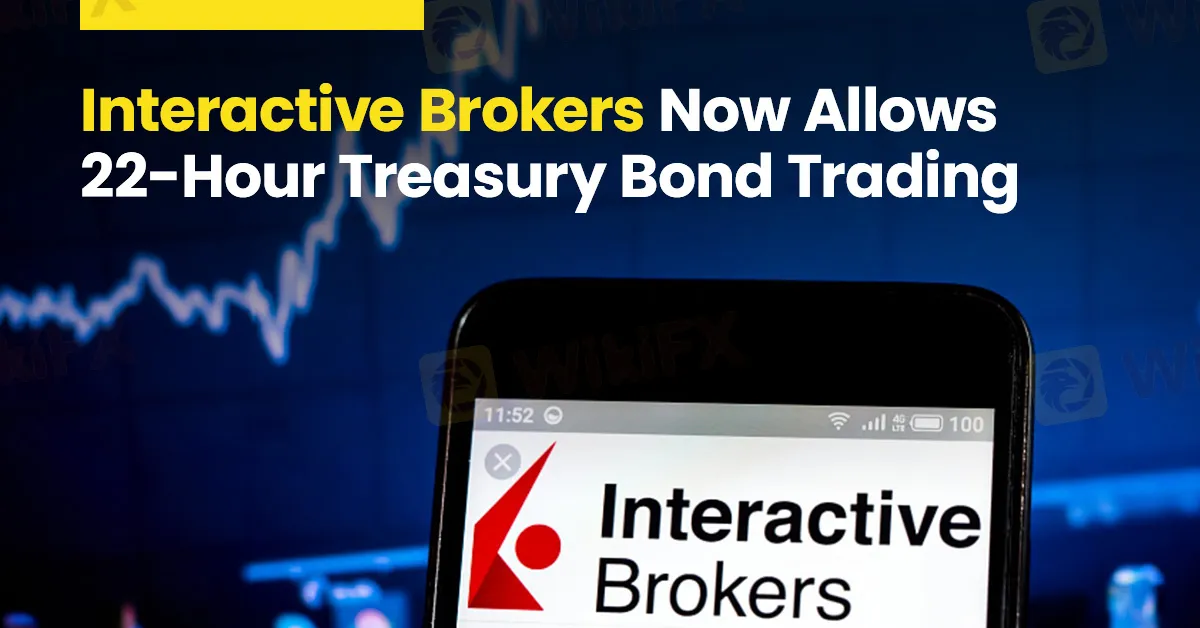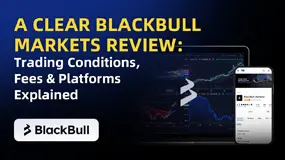Abstract:Interactive Brokers has expanded trading hours for US Treasury bonds, now allowing trading for 22 hours daily.

Interactive Brokers has expanded trading hours for US Treasury bonds, now allowing trading for 22 hours daily. Previously, clients were confined to nine hours per day, but they can now engage in transactions from 5:00 pm Eastern Time (ET) to 5:00 pm the following day, with a brief hiatus from 5:00 pm to 8:00 pm Eastern Daylight Time (EDT).
In a statement released today (Thursday), the company articulated that this move empowers its global clientele to synchronize trading activities with their respective local time zones and promptly respond to global market developments.

The significance of this initiative was underscored by Thomas Frank, the Executive Vice President of Interactive Brokers, who emphasized that extending trading hours for US Treasury bonds is part of the company's ongoing commitment to broaden its bond offerings by incorporating new coverage, products, venues, and liquidity. He further stated that their goal is to provide clients with the most adaptable and comprehensive trading environment available, stressing the importance of catering to their requirements and offering opportunities to trade on a schedule that aligns with their preferences.
Interactive Brokers boasts an array of bonds, encompassing corporate, municipal, treasury, and non-US sovereign bonds. Moreover, the firm equips clients with complimentary access to the IBKR Bond Marketplace search tool, enabling them to tailor investments according to their unique preferences and objectives.
In a recent development, Interactive Brokers broadened its footprint in Japan by introducing Contracts for Difference (CFD) instruments, facilitating leveraged trading opportunities on shares from the US, Europe, and other global markets.
Presently, the brokerage giant provides a diverse array of trading options, spanning global stocks, options, and futures. The incorporation of CFDs in Japan empowers traders to access financial instruments for both long and short positions.
Interactive Brokers delineated the commission structure for CFD trading, indicating that for US share CFDs, commissions commence at a minimum of $0.0055 per share. These rates fluctuate across different markets, with Japanese share CFDs initiating at 0.033 percent of their trade value, while Singapore share CFDs commence at 0.121 percent.
Despite prevailing market headwinds, Interactive Brokers recently disclosed encouraging financial performance. Revenue surged by 13 percent to $1.2 billion in the first quarter of the year. Notably, commission revenue experienced a robust upswing, reaching $379 million, propelled by a 25 percent surge in customer accounts, now totalling 2.75 million.











